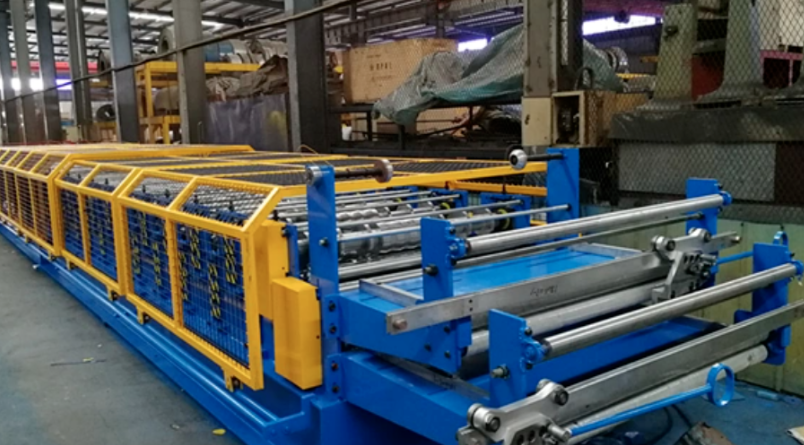
Posted on Thursday, September 26, 2024
Importing roll forming machines into Mexico can be a valuable investment for businesses in the construction, metalworking, and manufacturing sectors. However, navigating the process requires understanding regulations, tariffs, and logistics. This guide will walk you through the key steps.
Before you begin the import process, familiarize yourself with Mexico’s import laws. The key regulatory authority is the Secretaría de Economía (Ministry of Economy), which oversees international trade and import duties. Make sure the roll forming machines comply with Mexican standards for machinery safety and energy efficiency.
Certain machinery may require special permits or certifications before being imported. You may need:
The cost of importing roll forming machines into Mexico will depend on the machine’s classification and its country of origin. Here’s what to consider:
Hiring a certified agente aduanal (customs broker) is crucial for a smooth import process. They help you:
A knowledgeable customs broker can also help you minimize costs by optimizing your tariff classifications and duty payments.
When planning the import, you’ll need to arrange for transportation of the machine. Consider these logistics:
Ensure that all paperwork is completed accurately. Common documents include:
Once the machine arrives at the port, it will undergo customs clearance. Your customs broker will handle the paperwork and ensure that duties and taxes are paid. After clearance, arrange for inland transport to your facility.
By following these steps, Mexican businesses can efficiently import roll forming machines while staying compliant with regulations and minimizing costs. Hiring experienced customs brokers and freight forwarders is key to ensuring the process runs smoothly. Stay informed about changing trade agreements and regulations to avoid potential delays and extra costs.
Machine matcher specialise in matching your roll forming machine requirements with the perfect new or pre owned machine.
We partner with, and represent some of the finest roll forming manufacturers in the market. For more information and a free machine quote please contact us today or view all machines.

Used Purlin Roll Forming Machines for Sale Worldwide
Posted on Sunday, January 25, 2026
Pre-Owned Roll Forming Machines for Purlin & Structural Steel Profiles

Used Roof Panel Roll Forming Machines for Sale Worldwide
Posted on Sunday, January 25, 2026
Pre-Owned Roll Forming Machines for Roofing Panel Production

Used Roll Forming Machines for Sale Worldwide
Posted on Tuesday, January 20, 2026
Pre-Owned Roll Forming Machines with Inspection, Verification & Global Support

Steel Coil Supply for Roll Forming Machines Worldwide
Posted on Tuesday, January 20, 2026
Reliable Steel Coil Supply for Roll Forming, Fabrication & Manufacturing Applications
Copyright 2026 © Machine Matcher.